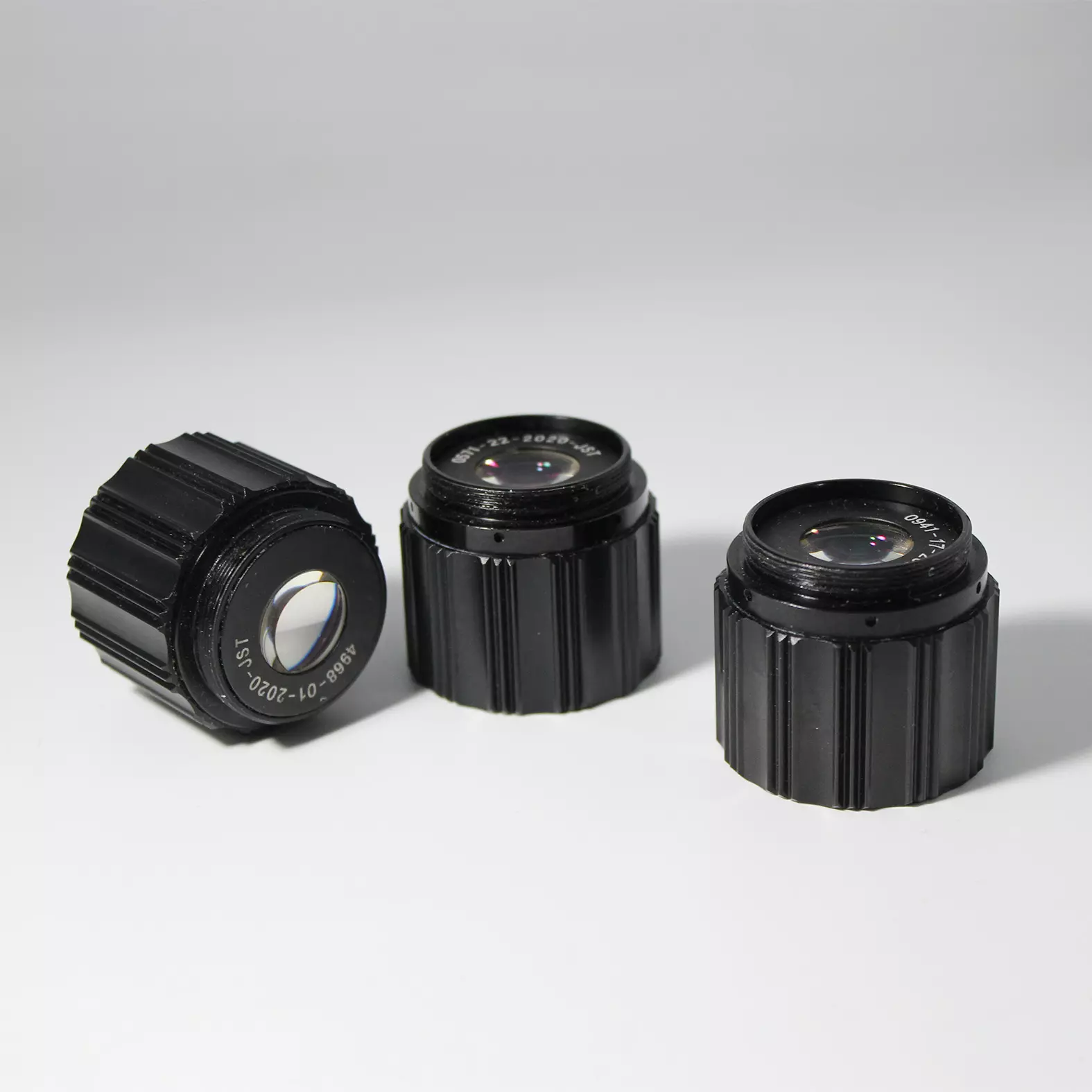When it comes to enhancing the capabilities of your camera, few accessories are as crucial as the IR camera filter. Whether you’re capturing images in low light or trying to see beyond the visible spectrum, an IR filter lens plays a pivotal role in ensuring that every shot is sharp, clear, and true to its intended purpose.
What Are Infrared Filters for Cameras?
Infrared filters for cameras are specially designed lenses that block out visible light while allowing infrared light to pass through. This makes them indispensable for a wide range of photography applications, including night vision, thermal imaging, and scientific research. The filters are particularly popular among photographers who wish to explore creative effects by capturing the unseen world of infrared light.
An infrared lens is more than just a filter; it is a tool that expands the capabilities of your camera. Whether you are a professional photographer or a hobbyist, the addition of an IR filter lens can dramatically improve your ability to capture stunning images in challenging environments. For instance, in low-light conditions, an infrared lens can reveal details that are otherwise lost to the naked eye.
The Benefits of Using IR Filter Lens in Photography
- Enhanced Image Quality: By blocking out visible light and focusing solely on infrared light, an IR filter lens enhances the contrast and detail in your images. This is particularly useful for landscape photography, where the IR filter can highlight textures and features that would otherwise go unnoticed.
- Versatility: Whether you’re shooting during the day or at night, the infrared filters for cameras provide you with the flexibility to capture images in any light condition. This makes them ideal for both professional and amateur photographers who want to explore new creative possibilities.
- Durability: High-quality infrared filters for cameras are built to last. They are made from robust materials that can withstand the rigors of outdoor photography, ensuring that your lens remains protected and effective for years to come.
How to Choose the Right IR Camera Filter
Selecting the right IR camera filter is crucial to achieving the best results in your photography. Here are some factors to consider:
- Wavelength: Different infrared camera filters block different ranges of visible light. Depending on your photography needs, you may require a filter that blocks out a specific wavelength to achieve the desired effect.
- Material: The quality of the material used in the IR filter lens is critical. High-quality glass filters provide superior clarity and durability, ensuring that your images are sharp and clear.
- Compatibility: Ensure that the infrared lens you choose is compatible with your camera. Some filters are designed for specific camera models, so it’s important to check compatibility before making a purchase.
Applications of Infrared Camera Filters
Infrared camera filters are used in a variety of applications, ranging from artistic photography to scientific research. Here are some common uses:
- Night Photography: Infrared filters for cameras allow photographers to capture stunning night scenes with enhanced detail and contrast. The filters block out visible light, enabling the camera to pick up infrared light, which is abundant in low-light conditions.
- Thermal Imaging: In the field of thermal imaging, infrared filters for cameras are essential for capturing heat signatures. These filters help isolate infrared light, making it easier to detect temperature variations in objects.
- Scientific Research: Infrared camera filters are widely used in scientific research to study plants, animals, and other objects. By capturing images in the infrared spectrum, researchers can observe phenomena that are invisible to the human eye.
Maintaining Your IR Filter Lens
To ensure that your IR filter lens remains effective, it’s important to maintain it properly. Here are some tips:
- Clean Regularly: Dust and smudges can affect the quality of your images, so it’s important to clean your infrared lens regularly. Use a soft, lint-free cloth to wipe the lens, and avoid using harsh chemicals that could damage the filter.
- Store Safely: When not in use, store your IR camera filter in a protective case to prevent scratches and other damage. Make sure the case is kept in a cool, dry place to avoid exposure to moisture.
- Handle with Care: Infrared filters for cameras are delicate pieces of equipment, so handle them with care. Avoid dropping the filter or exposing it to extreme temperatures, as this could damage the lens.
Investing in a high-quality IR filter lens is a smart move for any photographer looking to expand their creative horizons. Whether you’re interested in night photography, thermal imaging, or scientific research, infrared filters for cameras offer a range of benefits that can help you capture stunning images in any light condition. With proper care and maintenance, your infrared lens will provide you with years of reliable service, allowing you to explore the world of infrared photography with confidence.
We offer fast and secure shipping of IR camera filters across the USA and Europe, ensuring quick delivery for professionals and enthusiasts alike. Our trusted logistics network guarantees safe handling and timely arrival, so you can start capturing stunning infrared images without delay. Experience hassle-free international shipping with reliable service.
Our Ordering Process
Send us your request with detailed specifications
Receive a commercial offer with terms and costs
After your approval, we handle manufacturing, quality control, and shipping
📦 Shipping
3-5 days in EU, from 10 days to USA
💳 Payment methods
Cash, Bank Transfer, Cards (Visa, Mastercard, Amex, Discover) and PayPal
💬 Questions?
Contact us via WhatsApp, phone, live chat or email

